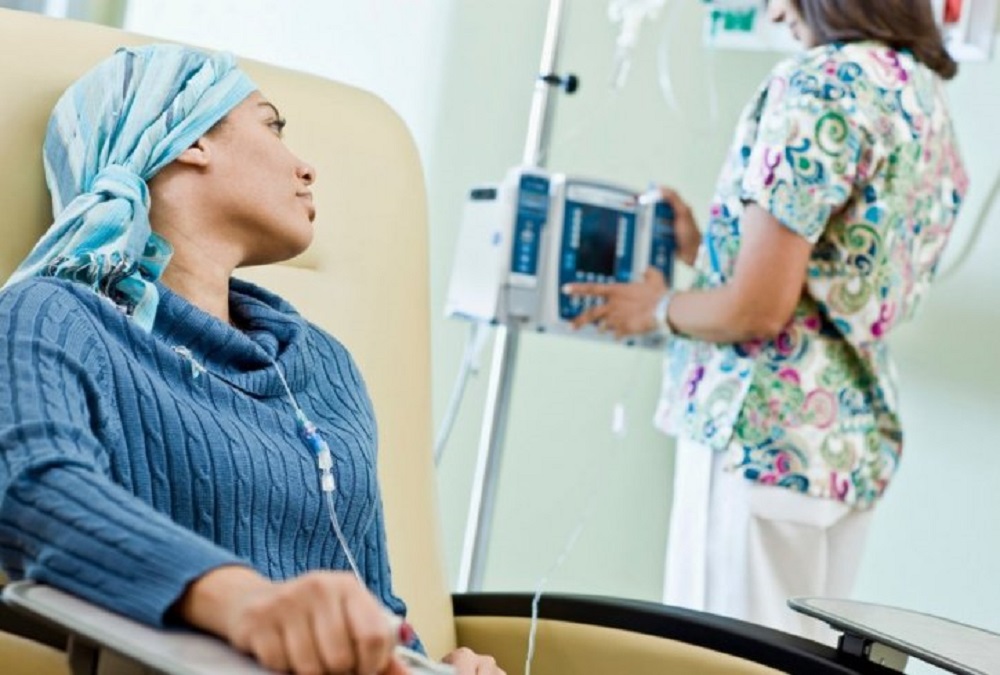According to statistics, one in every 100 women will experience early menopause. The problem is that no one can ever tell when she will hit hers.
More so, that women would have their menopause is as normal as life and death. It occurs as a result of age and the depreciation in eggs. Naturally, a Woman is born with approximately one million eggs. Before she has her first period, the eggs must have slipped to 400,000. This will further be cut down by 10 percent by the time she reaches 30. When she reaches 40, only 3 percent would be left.
It is, however, not the same for every woman, since some experience it much earlier in life. While the reason for this can sometimes not be controlled, it can be increased by some ways of life, just as the chances can be reduced if properly checked.
What’s the big deal with your period stopping way too early? It actually has less to do with the period stopping early, as it has to do with what it may be indicating. With having period stopping way earlier than normal, there is a caution on biological aging as well as the risk of chronic disease risk in later life.
Here are some reasons why some women may have early menopause
- Being too skinny

This is mostly associated with people who are anorexic, bulimic, or elite athletes.
Even though many would claim being too thin may be relative, CDC indicated that a healthy body mass index (BMI) should be between 18.5 and 24.9. Below 18.5 can easily be considered underweight and may have an effect on the timing of menopause.
See this: Doctors Found Tiny Brain Inside a Teenager’s Ovary
2. Stress
Stress doesn’t only cause heart diseases and early aging, it causes a lot of other things; one is experiencing early menopause. It has been shown that women going through stress and financial hardship could experience menopause early, by up to 80%. This is because the immune system has a lot to play, and when you are stressed, the immune system is unbalanced and hence, the chances increase significantly.
3. Smoking or other toxin exposure
Although many people may take it for granted, it has been found that smoking is a major contributing factor to menopause just as it is in poor fertility. This claim is supported by a research that studied more than 93,000, women in an Observational Study between 1993 and 1998. It recorded that “women who smoked 100 cigarettes or more in their lives had a 14 percent greater risk of infertility and a 26 percent greater risk of going through menopause before they turned 50”.
More so, apart from cigarets, toxins like pesticides also affect women. Naturally, women have enough primordial follicles to last them until they are around 50. Nevertheless, as a result of exposure to harmful chemicals, women run out of follicles even before reaching the normal menopause period.
4. Alcoholism

Among women with a problem of alcohol, periods are mostly irregular before they eventually stop. This has been said to be as a result of nutritional imbalance.
Essentially, there are women who drink themselves into premature menopause. The most important take here is that you don’t need to be a heavy consumer before it gets to affect you, as even moderate drinking can affect your ovaries, thereby bringing menopause earlier.
5. Genetic disorders
If you have guessed this, you are very right. This occurs in 1 out of every three women. It is as a result of FMR1 which causes Fragile X syndrome. It has been noted that 1 in 250 women carry the permutation. That is as pointed out by the American College of Obstetricians and Gynecologists.
What this does is to increase the risk of premature ovarian failure or ovarian insufficiency among women.
6. Your mom went through early menopause
Most women will experience it simply because their mothers, or grandmothers, or someone in their family had it. What this means is that it can be among those things that run in the family. A review carried out in 2011 pointed out that as much as 20 percent of cases are linked to this reason.
7. Epilepsy
The likelihood of women with this seizure disorder to experience menopause early is much higher than in others. This is because stemming from the brain, it could easily lead to ovarian failure. According to a study by Georgetown University, about 14% of women in a group with epilepsy had premature menopause. This is in comparison to only 1% of the general population.
8. Chemotherapy or radiation

Chemotherapy is expected to obliterate fast-dividing cancer cells. It should therefore not be surprising to anyone that it is capable of destroying ovarian follicles as it goes on.This happens even more in women who have crossed the age of 40. The chances that it may be temporary shutting down of menopause are there, just as there are chances that it could be permanent.
The shocker is that studies have shown that up to 40% of women under age 40 may go into permanent menopause after chemotherapy. It rises to between 70 to 90% for women above 40 according to breastcancer.org.
9. Autoimmune disorders
What these diseases do is to force the immune system to go haywire and start destroying its own tissues. Some things that may not survive the destruction include the ovaries and/or estrogen receptors. According to a Swedish study of some 18,000 women, women who have menopause before the age of 45 are twice as likely to develop rheumatoid arthritis, compared with women who started menopause later. T
his, therefore, suggests that there is a link between the diseases and early menopause even though it may not be the strongest of links. Diseases such as Rheumatoid arthritis, scleroderma, and connective tissue have been linked to earlier menopause.
10. Surgery
Are you scared? Don’t be. This is not applicable to everyone that has ever had a surgery. It is only for those who have ever had severe endometriosis, which is a potentially cancerous cyst, or pelvic inflammatory disease such as complications from sexually transmitted infections. This may lead the ovaries to get encased in fibrous tissue, hence the need for ovaries to surgically removed. With the ovaries removed, there is immediate postmenopause.
If however, you have a surgery to remove the uterus, you may stop having menstrual bleeding but not necessarily begin menopause. The good news is there is a possibility that your doctor can save a remnant of your ovaries if you request. The remnant can delay menopause by continuing to produce natural estrogen.
11. Some diseases that have been found to be related to premature ovarian failure and, therefore, early menopause. These include thyroid dysfunction, viral infections like mumps, diabetes, vitiligo, anemia, lupus, adrenal insufficiency (Addison’s disease), polyglandular failure I and II, and idiophatic thrombocytopenia purpura (ITP).
Symptoms of Perimenopause
https://www.youtube.com/watch?v=U7RYypDlnoo&t=21s














